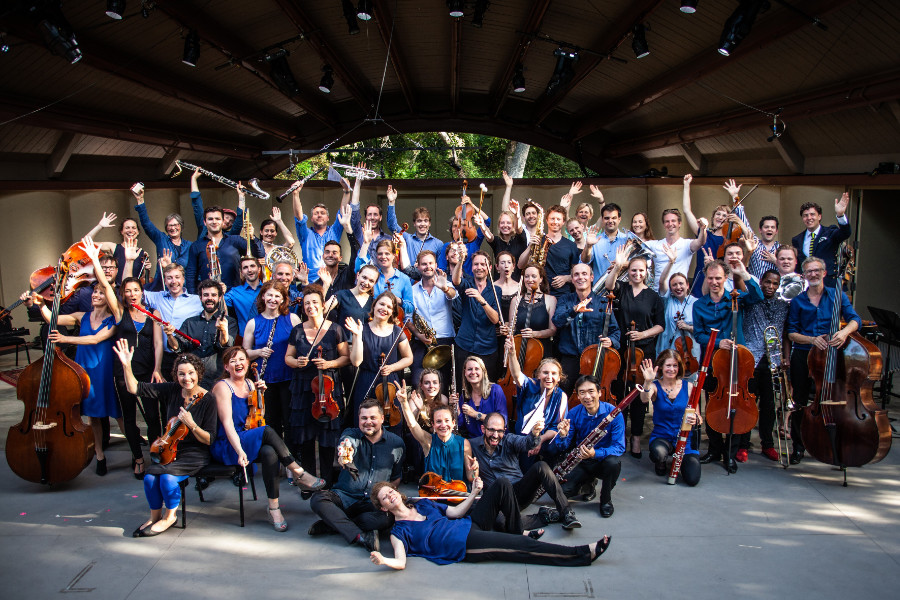The ability to recall and create a variety of images and stories in the mind, derived from the senses – this is how imagination is defined, being one of the most creative aspects of human life. During the concert with the outstanding soprano Barbara Hannigan and the LUDWIG Orchestra, the artists will perform great 20th-century works full of imaginative artistry – Metamorphoses by Richard Strauss and La voix humaine by Francis Poulenc.
Richard Strauss’s Metamorphoses is a special work, considering both the composer’s oeuvre and the history of music in general. The artist began writing the work in the last months of World War II, after the period of difficult and controversial liaison with the Nazis, a period that has boggled the minds of researchers to this day. A little earlier, however, he changed his attitude towards the Third Reich, tolerating this depressing reality through tacit consent. The composition, created in 1945, is therefore interpreted as a kind of farewell of the artist, a remorseful turning towards an era that is irretrievably passing. In this context, the inclusion of a quote from the funeral march from Ludwig van Beethoven’s Eroica was a strong symbol.
La voix humaine, created fifteen years later by Francis Poulenc, is a one-act lyric tragedy that plays out in less than forty minutes. The composer created it to a text by the poet Jean Cocteau, which deals with the drama of rejection and loneliness. The main axis of the work is the monologue of a recently abandoned woman who, in a telephone conversation with her former lover, reveals a whole range of bitter emotions. The study of human despair is enriched with an original musical language that emphasizes the experiences of the person affected by pain. Poulenc composed La voix humaine for the French soprano Denise Duval, and during the Wratislavia Cantans concert Barbara Hannigan will play the role of the protagonist.
This project is supported by the Performing Arts Fund NL.


